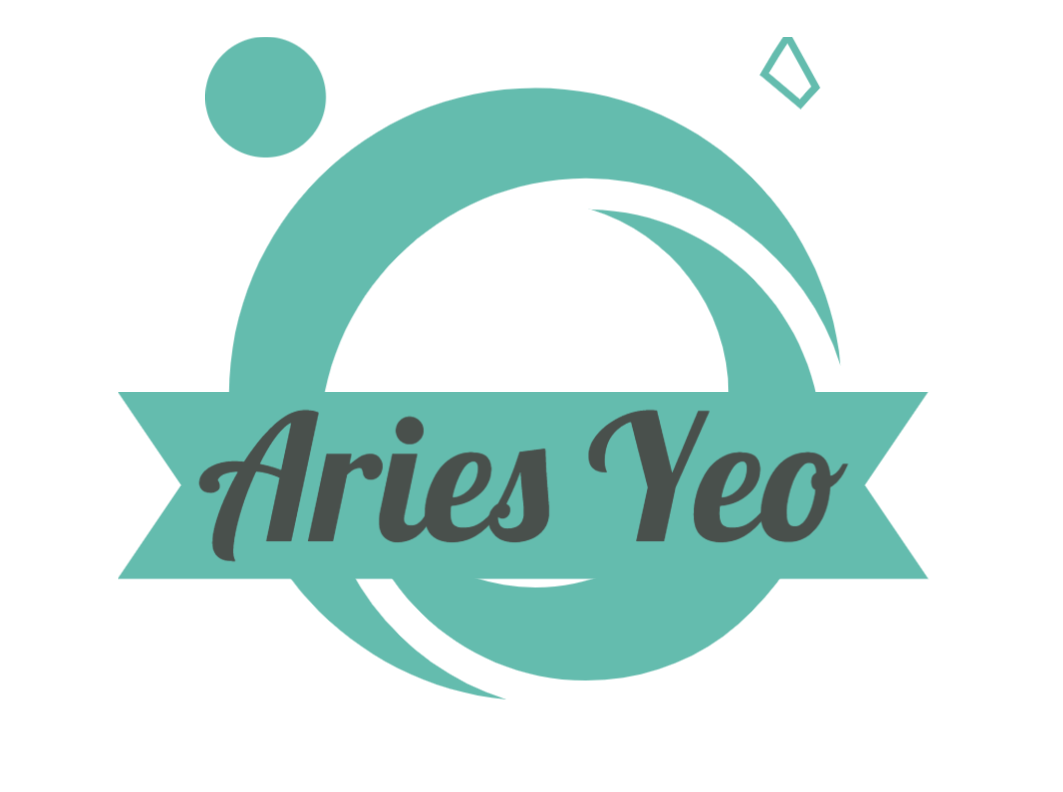Your Reality is a Construct
Aries Yeo • December 16, 2020
The map is not my territory
Have you ever stopped to question the nature of your reality?
The world you experience feels vivid and tangible, yet how often have you found yourself misunderstood—your carefully crafted message lost, as if the other person simply couldn’t hear you?
What you may not realize is that your reality is uniquely shaped by your perceptions, beliefs, and memories. Every interaction and decision passes through this personal lens—your mental construct of reality.
But what if that construct isn’t as solid as it seems? Could rethinking it change everything?
This concept stems from Alfred Korzybski’s seminal work, Science and Sanity. He illustrates this with a simple analogy: imagine a map of the UK’s roads, where motorways are marked in blue. In reality, those roads are black tarmac. The map isn’t the territory—it’s a symbolic representation, much like our interpretations of reality.
What Korsybski was referring is to the fact we experience the world through our senses (sight, hearing, touching, smell and taste) – the territory.
You then take this external phenomenon and make an internal representation of it within your brain – the map.
This internal map you create of the external world, shaped by your perceptions, is never an exact replica. In other words, what is outside can never be the same as what is inside your brain.
You see, our senses, beliefs and past experience give us a map of the world from which we operate in. But our map can never be completely accurate.
Let me tell you this story of mine...
One day, I went into a fish & chips shop and was asked to fill in a short form about the quality, service and value for money of the food. The 2 women at the counter were apparently very upset that the man just before me had declined the survey, quite rudely to fill the form.
I then asked the ladies if they have considered how the poor man might have felt if he was illiterate and was rude because he was embarrassed.
The change in the two ladies were phenomenal. ‘Oh, I never even thought about that, gasped one. Their demeanour changed immediately from one of anger and resentment to one of deep sympathy. They also felt much better in themselves and were able to let of all the negative feelings they had been holding onto.
It is easy to see from this scenario, in real life, we tend to project our assumption (our reality) onto the situation, but the reality might not be what we have perceived.
People respond according to the map of their world, for it is their reality.
It is not my past that makes who I am but how I respond to it
Reality isn't something you perceive; it's something you create in your mind. Isaac Lidsky learned this profound lesson firsthand, when unexpected life circumstances yielded valuable insights. In this introspective, personal talk, he challenges us to let go of excuses, assumptions and fears, and accept the awesome responsibility of being the creators of our own reality.
Therefore, truly, your reality is an illusion of your mind. It is your mental construct, which you use to add meaning and structure to your life and identity. Thus, the illusion of reality becomes the reality in the human mind, while the reality that originally induced it remains completely or mostly unknown.
All our experiences—all our perceptions, sensations, dreams, thoughts and feelings—are forms appearing in consciousness. It doesn't always seem that way. When I see a tree it seems as if I am seeing the tree directly. But science tells us something completely different is happening. Light entering the eye triggers chemical reactions in the retina, these produce electro-chemical impulses which travel along nerve fibers to the brain. The brain analyses the data it receives, and then creates its own picture of what is out there. I then have the experience of seeing a tree. But what I am actually experiencing is not the tree itself, only the image that appears in the mind. This is true of everything I experience. Everything we know, perceive, and imagine, every color, sound, sensation, every thought and every feeling, is a form appearing in the mind. It is all an in-forming of consciousness.
This is actually why when we all see that same tree yet we are very likely to describe it quite differently for the reality is not the tree but how we see it based on our values, beliefs and experience.
The same applies to the language we use to describe what is going on within us. The words we use might be not the event or the item they represent but an approximation of it. Although the words we use to describe an event are chosen to represent the event, the words themselves are not the actual event itself.
Do you know that when we are unable to put a word to a situation eg naming the colours we can unable to register it in our mind. This has been proven scientifically using an experiment with a tribe in Africa where there is no word in “blue” in African languages hence they are unable to capture that image fully into their brain. On the other hand, their vocabulary allows them to name many different shades of green so they are able to tell what they see. This has only proven that with the language ability, our mind expands, register and works differently from an image that we are unable to name.
Have you ever encountered something you couldn’t quite label—a situation or object that defied your understanding? Compare that to something you can easily define. Notice the difference? The way we label and interpret the world is always through language that then shapes our emotions and reactions.
When you master the art of constructing your own “map,” you gain the ability to bend your reality.
To truly connect or negotiate with someone, you must understand their constructed reality, which is inherently different from yours. Seeing the world through their eyes, hearing it through their ears, and feeling it through their perspective builds trust and opens the door to powerful communication.
How much do you understand your own reality?
When you are able to fully embrace this perspective of perception, you unlock a tool that transforms how you relate to others.
Is it time to explore your reality—and others? Let's speak





